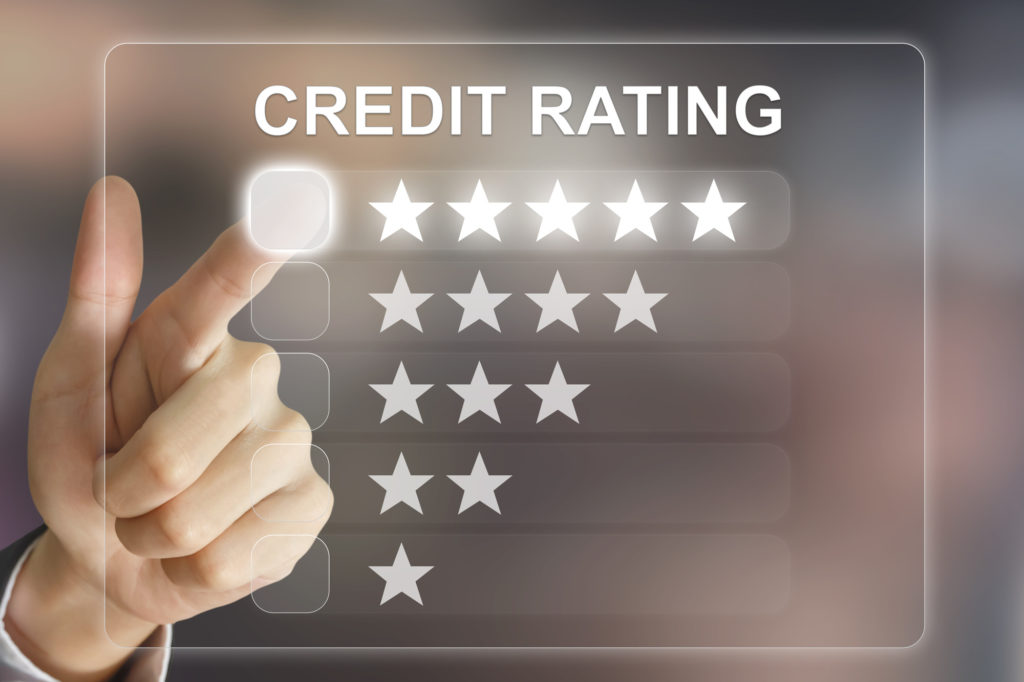How to Keep Credit Score High and Other Tips on Building Your Credit
Building credit is important not only for applying for mortgages but also car loans and other life expenses. Here is how to keep credit score high and other tips to build your credit.
Quick question: What things are most valuable to you?
Your family? Job? Phone? Well, if you’re like most Americans, these things are certainly very dear to you.
But the one thing most people don’t value highly until it’s needed is their credit score! That’s right. With a bad credit score, accessing credit facilities will become one hell of a job.
The good thing is credit scores aren’t permanent. And if yours is bad right now, you’re in luck. We’re sharing how to keep credit score high.
Understand the Credit Scoring System
A credit scoring system allows banks and other lenders to determine your creditworthiness. They commonly use the FICO scoring system, which ranges from 300 to 850. Here is how the cookie crumbles:
- 750-850 – Excellent
- 700-749 – Good
- 650-699 – Fair
- 550-649 – Poor
- 550-300 – Bad
Credit reporting agencies such as Experian, TransUnion, and Equifax gather individual personal and financial information from various sources, such as debt collection agencies, which they use to assign you a score.
Now that you understand what the figures mean, obtain your credit and find out where you lie. If yours is below 749, you need to build. If it’s above 750, you need to maintain it. The ultimate goal is to reach and maintain an excellent score.
Stay on Top of Your Bills
Most people mistakenly think it’s bank bills that affect their credit score. The truth is even a simple bill, like a library fine, can end up on your report if it goes unpaid. All the library will need to do is to submit your details to a collection agency.
Therefore, ensure you clear your bills on time.
If you’re running late, don’t start hoping the worst doesn’t happen. Reach out to your creditors and ask for more time. Chances are they will give you some grace period before handing over the bill to collections.
Avoid the Temptation to Apply for New Credit
Ideally, you should apply for a credit card when absolutely necessary. For most Americans, though, applying for new cards is a full-time sport.
Credit applications reflect on your report, since the lender must establish your creditworthiness. Too many inquiries lower your score. But if you must apply, be sure to go for one that suits your needs. Use EnjoyCompare to find the best card for you.
Keep a Close Watch on Credit Card Balances
Oh credit cards! Aren’t they the bane of our existence?
If we’re not busy applying new ones, we’re busy swiping the ones in our wallets and purses.
To build credit or maintain a high credit score, you must maintain a low (30 percent) credit card balance in relation to your limit. For instance, when your limit is $1,000, keep your spending at $300.
Credit bureaus monitor your balances when your statements close at the end of the billing cycle. Higher balances could mean you’re overspending. This is not good for your score.
Scrutinize Your Report
Credit bureaus do make mistakes. A simple entry error can lower your score.
To avoid such mistakes, regularly examine your credit report. If you find errors, like old settled debts that should no longer be on the report, dispute them. Bureaus fix genuine errors.
Also, monitoring your reports helps you monitor your progress and gain some motivation
Now You Know How to Keep Credit Score High
When your credit score is low, it’s easy to despair. When the score is excellent, it’s easy to make simple mistakes that’ll push it down. But regardless of where you’re right now, you just need to learn how to keep credit score high. A little know-how and the desire to achieve financial stability go along way!
Need more tips? Explore our blog!











